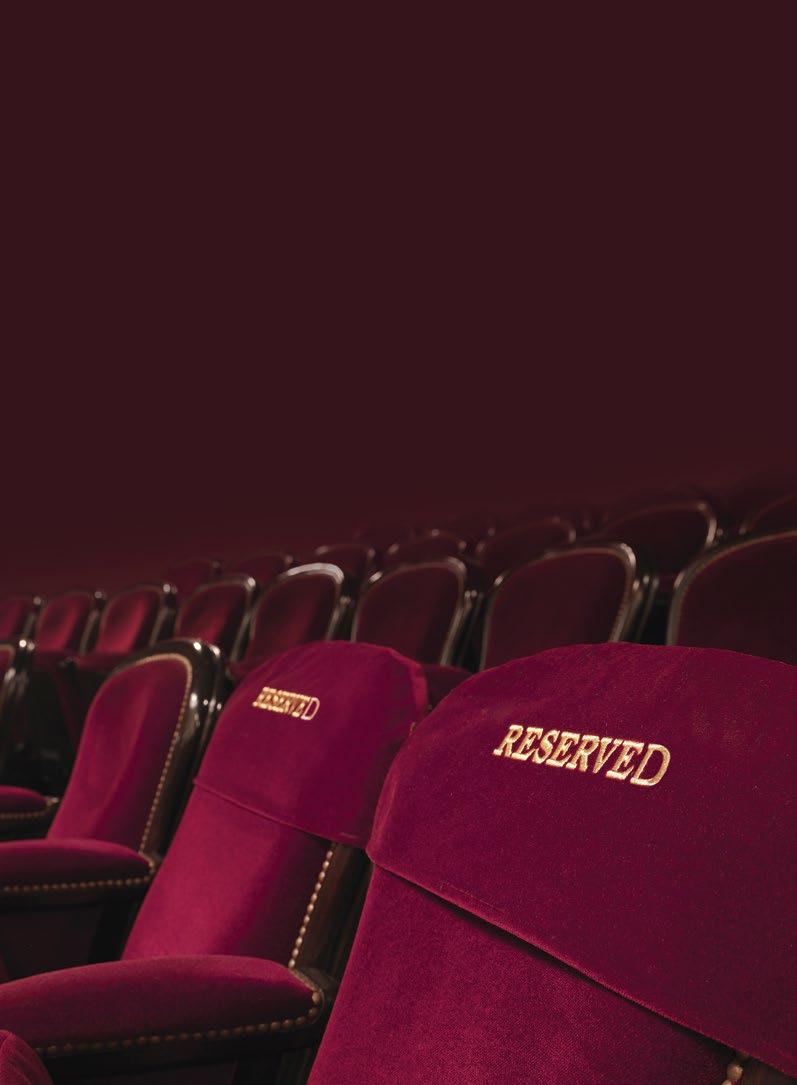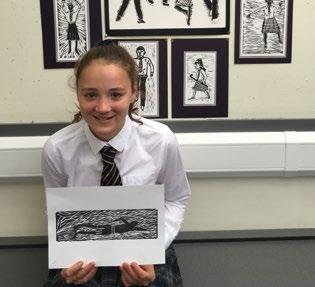30
FP News
Bill Roscoe Edward Findlay travelled to Oxford recently to speak with former pupil Professor Bill Roscoe (Class of 1975), who has had a very successful career in Computer Science having been head of Oxford’s department from 2003 until 2014. Bill was born and bred in Dundee. He studied Mathematics at University College at Oxford University from 1975-78, obtaining the top mark for his year in the University. He then did a doctorate in Computer Science. Bill’s professional background consists of 40 years of research in computer science: concurrency, automated verification, applied cryptography and payment protocols, and most recently blockchain. You can find out more about his work at www.cs.ox. ac.uk/bill.roscoe and blockchain.univ.ox.ac.uk.
Would you like to begin by telling us a little about your memories from your time at the School?
What advice would you offer to your school-age self if you could go back in time and speak to him?
The School seemed a bit old fashioned to me when I arrived in F1 in 1969. Maths was always one of my better subjects but I was never top of the class during my time at the School, as my classmate Robin Winter always beat me. I was never the sporty type, but I enjoyed the science subjects as they came more naturally to me. I was struck by just how old fashioned my first Latin teacher Mr. “Pop” Howatt was. I also had piano lessons at school and played a fair bit of chess.
Good question, I would advise him to concentrate on Maths so he realised his calling to it earlier. I was obviously gifted at Maths but didn’t really enjoy it at school until the end. I would also give myself advice on how to fit in better.
What would you say were your favourite subjects at school, and did you have any teachers that you looked up to, or who inspired you? Apart from science, I enjoyed studying Geography where Mr. Holmes was my main teacher. Mr. Smart, who was a chemistry teacher whom I greatly respected for his love of his subject, knew my parents at the time I was born. I was very sad when he died last year. Mr. James Gill inspired my interest in Maths when he taught me at the end of my time at DHS. We used to go across the road to Bell Street Tech (now Abertay University) to use the computer there; it was a really old computer even then! In my last year at school, Mr. Gill encouraged me to take part in a national maths competition, which I won. My school friend Iain Gray came third in the same competition. It was a great pleasure for me to invite James down to Oxford last year for the 60th birthday celebrations Oxford laid on for me. Overall, I have fond memories of my last year at the School. How would you describe yourself in your school days? At school I was my present height of 6ft 3in at the age of 14, so everyone thought I would make a good rugby player, but I never had the inclination to play. However, I did play quite a lot of cricket in my later years at the School. Many people at HSD will remember me as Andrew from my school days: my parents called me Bill from my middle name William, but I experimented with my first name Andrew for a few years. During my time at school I was probably a bit of a nerd and a lot shyer back then. I certainly couldn’t have stood up and made a speech but I feel that comes with age. Now it comes as second nature to me.
At what stage did you realise that Computer Science was what you wished to pursue, and were you involved with any IT related extra-curricular activities? No extra-curricular computing activities were on offer during my time at HSD. I studied computing for CSYS maths, however, I was so keen on it that I was thrown out of Bell Street Tech for using their computer too often! Thankfully, Mr. Gill found me another computer to use at the College of Education. Even back then, I showed a talent for computer programming, and wrote a program to play chess. In my last couple of years at school the very first pocket calculators came out and, soon after, a programmable calculator. I harried my parents to buy me one, and I loved it. I decided on computer science rather than pure maths as a career at the end of my undergraduate studies in 1978. In 2015, you were awarded a Lifetime Award by Oxford’s Mathematical, Physical and Life Sciences Division. Would you say that this was perhaps quite a defining moment in your career? It represents my career very well but I believe the most distinguished thing I have is a fellowship at the Royal Academy of Engineering. This is recognised as a national honour a bit like an OBE. The award from Oxford University was a recognition of all the hard work I have done over the years and putting my research to practical use. You also taught Computer Science at Oxford University, would you say there is something unique about being able to teach students in the rooms that you yourself were once taught in? Definitely a wonderful feeling, though I haven’t done as much since becoming Head of Department. However, I still give lectures on computer security and supervise doctoral students. Actually, just before I gave up my room in college because I was doing less teaching, I was informed that the hit TV show Inspector Lewis were looking for a room to film in, and that they were interested
























